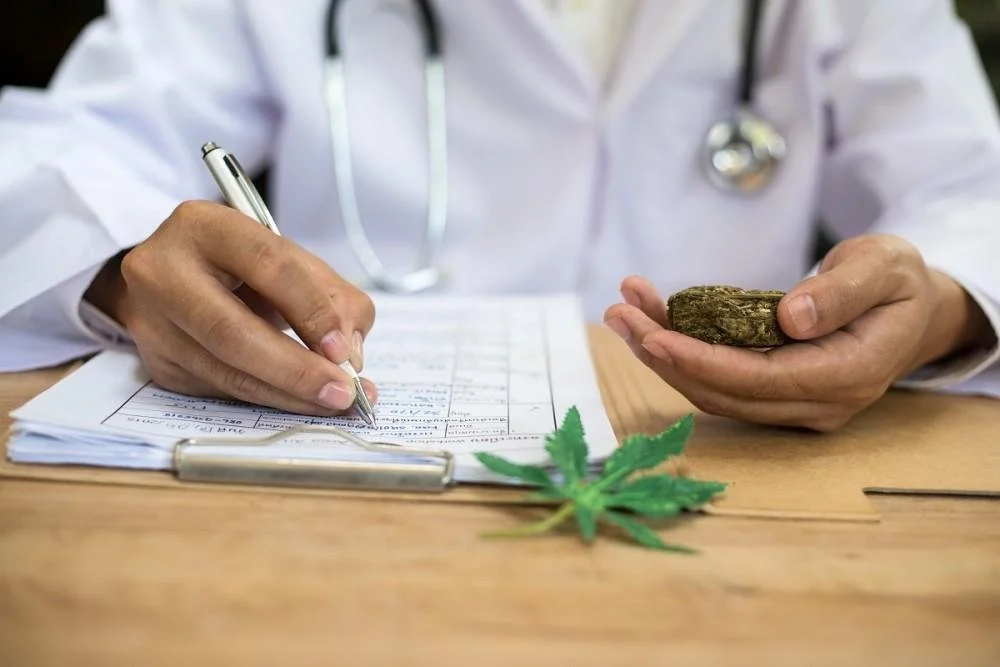Medical cannabis, often referred to as medical marijuana, is a topic of growing interest and debate. With its potential to alleviate symptoms of various health conditions, it has become a focal point for researchers, healthcare providers, and patients seeking alternative treatments. This comprehensive guide explores the uses, benefits, risks, and legal considerations of medical cannabis, including insights on CBD from the best cannabis dispensary.
Understanding Medical Cannabis
Medical cannabis refers to the use of the cannabis plant and its cannabinoids, such as THC and CBD, for medicinal purposes. The plant has been used for centuries for its therapeutic properties, but its medical use has gained more attention in recent years. Cannabinoids are chemical compounds found in cannabis that interact with the body's endocannabinoid system, which plays a role in regulating various functions, including pain, mood, and appetite.
How Medical Cannabis Works
The two most studied cannabinoids in cannabis are THC and CBD. THC is the psychoactive compound responsible for the "high" associated with cannabis use. CBD, on the other hand, is non-psychoactive and has shown promise in providing therapeutic effects without the intoxicating effects of THC. CBD sourced from the best cannabis dispensary has been particularly effective in alleviating pain, reducing anxiety and depression symptoms, and managing epilepsy and seizure disorders.
Conditions Treatable with Medical Cannabis
Medical cannabis has been used to manage a variety of health conditions, including chronic pain, anxiety, depression, epilepsy, and multiple sclerosis. CBD, in particular, has shown promise in reducing inflammation, pain, and anxiety, making it a valuable option for patients seeking natural remedies.
Accessing Medical Cannabis
The legal status of medical cannabis varies by country and state. In places where it is legal, patients may need a prescription or recommendation from a healthcare provider to access medical cannabis products. It's important for patients to consult with healthcare providers and dispensaries to select the most suitable products and dosages for their individual needs.
Potential Side Effects and Risks
While medical cannabis is generally well-tolerated, it can cause short-term side effects such as dizziness, dry mouth, and impaired motor skills. Long-term use, especially of high-THC varieties, may be associated with cognitive impairment, dependency, and an increased risk of mental health disorders in some individuals. Patients should discuss the potential risks and benefits with their healthcare providers before starting medical cannabis treatment.
Forms of Medical Cannabis
Medical cannabis is available in various forms, including dried flower, oils, tinctures, edibles, and topicals. Patients can buy popcorn weed as a budget-friendly option that maintains full therapeutic potency. These smaller buds offer the same medical benefits as premium flowers at a lower cost. Each form has its own advantages and disadvantages, and patients should choose based on their preferences and needs.
For those exploring natural wellness options, white borneo kratom powder is often mentioned for its unique properties and potential benefits.
Research and Legalization
Research on medical cannabis is ongoing, but limited due to legal restrictions and funding challenges. More research is needed to fully understand its potential benefits and risks. Many countries and states have legalized medical cannabis, but regulations vary widely, leading to challenges in access and affordability for patients.
Conclusion
Medical cannabis, including CBD from the best cannabis dispensary, offers a promising alternative for managing various health conditions. However, it's important for patients to approach its use with caution and under the guidance of healthcare professionals to ensure safety and efficacy. As research continues and legalization efforts progress, medical cannabis may become more widely accepted and accessible to those in need.

